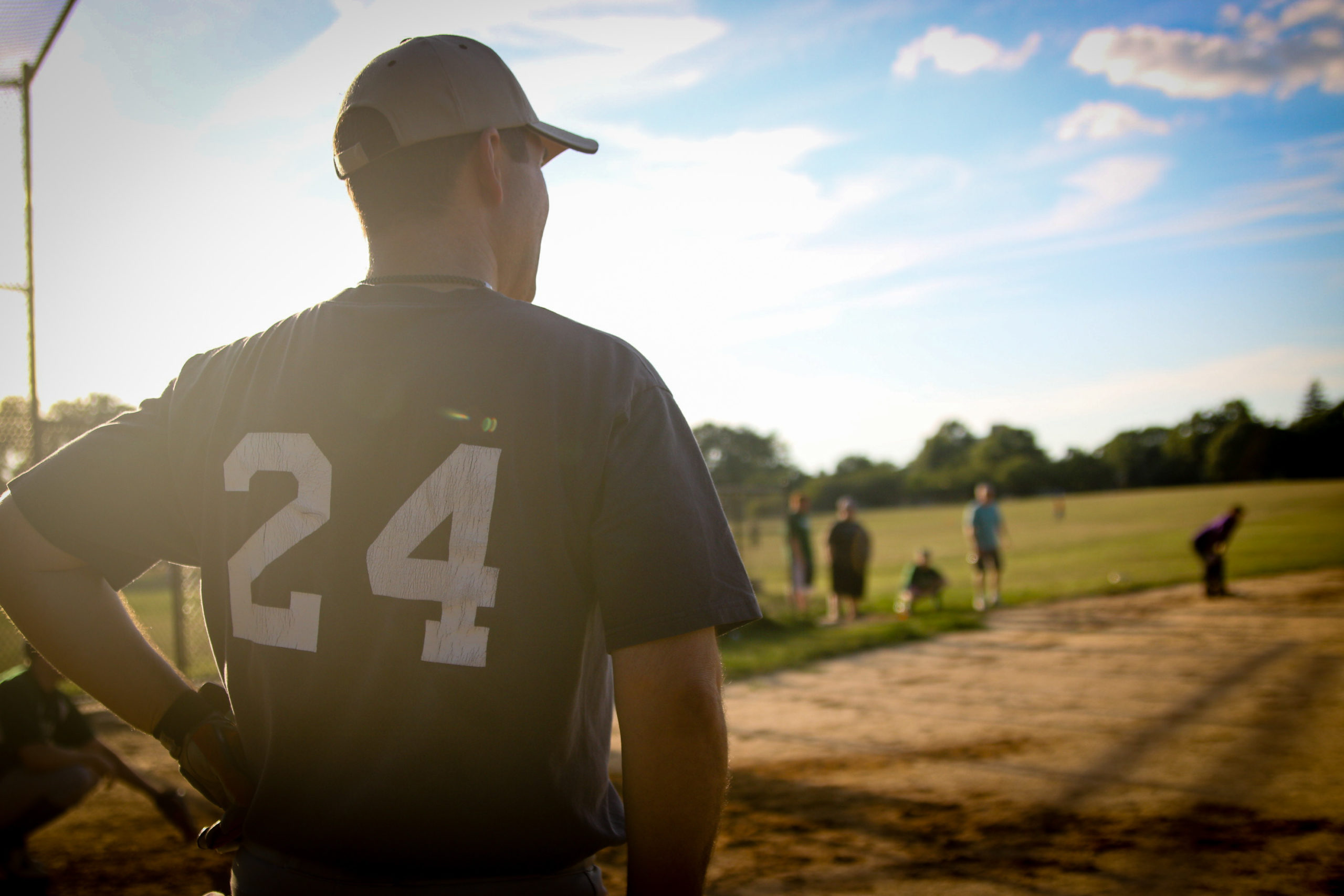
The Benefits of Purpose-based Participation are Vast and Powerful
Sports are a valued part of our culture. We value sports because we believe the students that are involved acquire something through their participation. But have we ever looked closely at how they benefit? What do the students who participate in our programs actually get and what is the purpose of education-based sports?
In a recent message to his school community, Brainerd High School Activities Administrator Charlie Campbell shared:
“The high school sports experience is squeezed between two models that challenge school communities on the purpose of education-based programs. It’s easy to be confused. On one end of the continuum, the media, through their constant focus on professional and ‘big-time’ collegiate sports, continually tells us that sports, and the athletes that participate in them have value if they win and only if they win.
The end of each season brings about the firing and hiring of coaches, and players are traded, demoted, or drafted in hopes of winning more games. And, of course, in this entertainment-based system of sport there is one primary objective and that is to make money. On the other end of the continuum, well-intentioned youth, traveling and club programs are creating teams for 8-, 9-, and 10-year old children and trying to ‘win’ a myriad of weekend tournaments, creating all-star teams, vying for national championships, and generally, reinforcing the notion that if you’re good (at age 8, 9, or 10), you have value.
For athletics to be education-based, whereby we are developing better people and not just better athletes, we must be intentional—we must be awake and understand the purpose. Purpose must resonate with us in our human condition. If you Google ‘purpose’ the first hit (after the definitions) is Rick Warren’s best-selling book, The Purpose Driven Life. Wikipedia says that as of 2007, over 30 million copies have been sold and that Purpose Driven Life is the second most translated book after The Bible. It seems purpose is something we are all searching for. Webster would say Purpose is, ‘The reason for which something is done, or for which something exists.’ To put it more simply, it is the WHY.”
The great call of a coach is to be awake—mindful of what students in our programs are really getting. Our main role as a coach in education-based athletics is the human development of every student on our team. Winning is the by-product of something bigger, an awareness in us that transforms a game of throwing a ball through a hoop into an opportunity to create caring, empathetic, responsible members of society. When coaches are awake, they take the student’s learning of physical skills and X’s and O’s to the next level.
They concurrently teach them the WHY’s, the lasting values acquired through the learning of those same physical skills. For this to happen, coaches must understand their purpose and WHY they coach. Campbell continues:
“Though most coaches are fiercely competitive, and they work tirelessly to help young athletes win and find success, when you ask them about their purpose, you will hear them talk about instilling discipline, developing mental and physical toughness, teaching students to dream big, demanding accountability, creating a positive family culture where every student belongs, cooperation, passion, the necessity of intense preparation, sportsmanship and perseverance. And so this is our platform in education-based athletics: To teach core values and qualities that transcend the outcome on the scoreboard and contribute to the well-being and human growth and development of the student-athletes we serve.”
